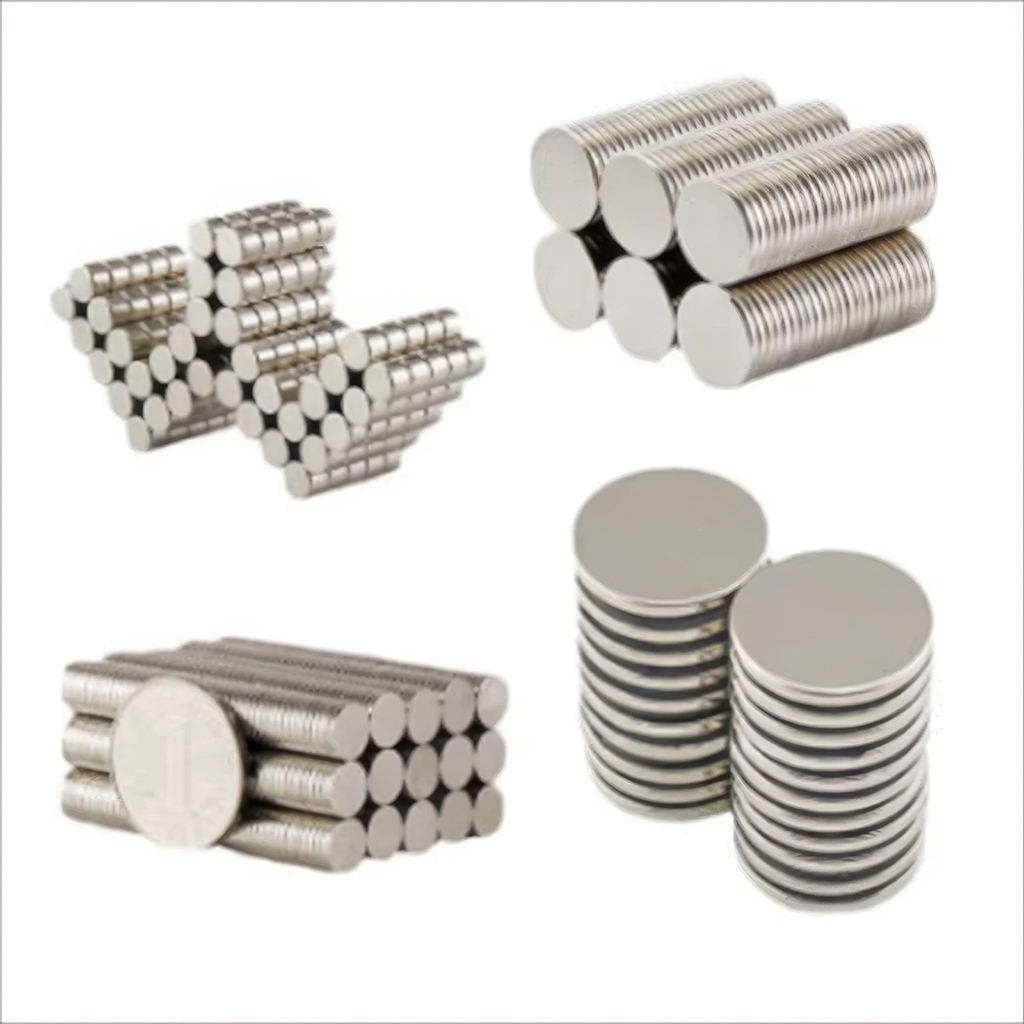How to Choose the Right Strong Magnet for Your Specific Needs: Tips and Tricks
Choosing the right strong magnet for your specific needs can be a daunting task, especially with the numerous options available in the market. As an expert in the NdFeB magnet industry, I’m here to guide you through the process, providing you with valuable insights and practical tips to make an informed decision.
What is a Strong Magnet?
A strong magnet is a type of permanent magnet that is made of ferromagnetic materials, such as neodymium (NdFeB), ferrite, or samarium-cobalt. These materials are capable of producing strong magnetic fields, which are crucial in various applications, including magnetic resonance imaging (MRI), magnetic levitation, and holders for metal objects.
What are the Key Characteristics of Strong Magnets?
Here are the key characteristics to consider when selecting a strong magnet:
| Characteristic | Description |
|---|---|
| Bronsted-SCancellation | The strength of the magnet, measured in Tesla (T) or units of the Bohr magneton (μB) |
| Magnetic properties | The ability to withstand external magnetic fields and maintain their magnetic properties |
| Temperature range | The temperature range within which the magnet operates optimally |
| Corrosion resistance | The ability to withstand exposure to moisture, corrosion, and wear and tear |
| Cost | The cost of the magnet, considering factors such as material costs, manufacturing processes, and market demand |
How to Choose the Right Strong Magnet for Your Specific Needs
Based on the key characteristics, here are some tips to help you choose the right strong magnet for your specific needs:
1. Identify Your Application
Before selecting a strong magnet, it is essential to understand your specific application. What are you using the magnet for? Are you looking for a magnet for magnetic levitation, magnetic resonance imaging, or holding metal objects? The application will help you determine the required strength, magnetic properties, and temperature range.
2. Assess Your Budget
Set a budget for your strong magnet purchase. Strong magnets can vary significantly in cost, ranging from a few dollars to hundreds or even thousands of dollars. Identify your budget constraints to narrow down your options.
3. Consider the Material
The material used to manufacture the magnet plays a vital role in determining its performance. Some common materials used include neodymium (NdFeB), ferrite, and samarium-cobalt. Each material has its strengths and weaknesses, so it’s essential to understand the advantages and disadvantages of each.
4. Assess the Temperature Range
The temperature range is crucial when selecting a strong magnet. Some magnets can operate optimally within a specific temperature range, while others can withstand extreme temperatures. Ensure you understand the temperature range required for your application.
5. Consult with Experts
If you’re still unsure, consult with experts in the field or seek guidance from manufacturers. They can provide valuable insights and recommendations based on their expertise and experience.
Frequently Asked Questions (FAQs)
Why do I need a strong magnet?
I need a strong magnet for a specific application, such as magnetic resonance imaging or magnetic levitation.
What material is best for my application?
The best material for your application depends on the required strength, magnetic properties, temperature range, and corrosion resistance. Consult with experts or manufacturers for guidance.
Can I use a strong magnet in wet environments?
No, it’s not recommended to use a strong magnet in wet environments, as it can compromise the magnet’s performance and longevity.
Can I reuse a strong magnet?
Yes, some strong magnets can be reused, while others may require replacement. Consult the manufacturer’s guidelines for specific details.
Conclusion
Choosing the right strong magnet for your specific needs requires careful consideration of several factors, including the application, budget, material, temperature range, and corrosion resistance. By understanding your needs and following the tips provided, you can make an informed decision and select the perfect strong magnet for your specific requirements.
Remember, a strong magnet is only as good as its performance in your specific application. Always consult experts and consult the manufacturer’s guidelines to ensure optimal use and performance.

